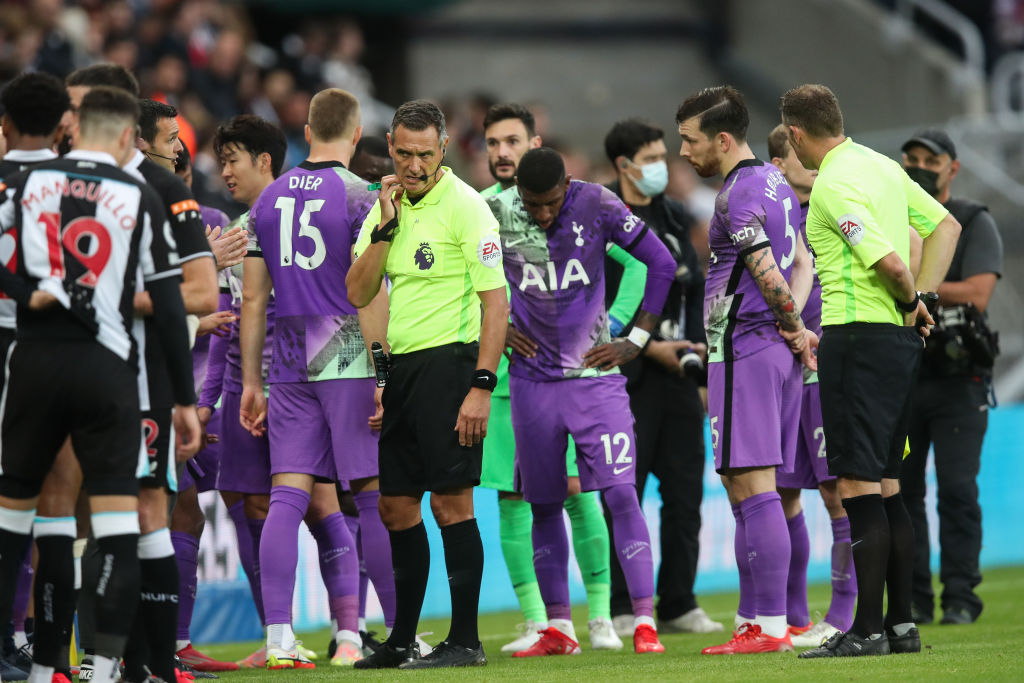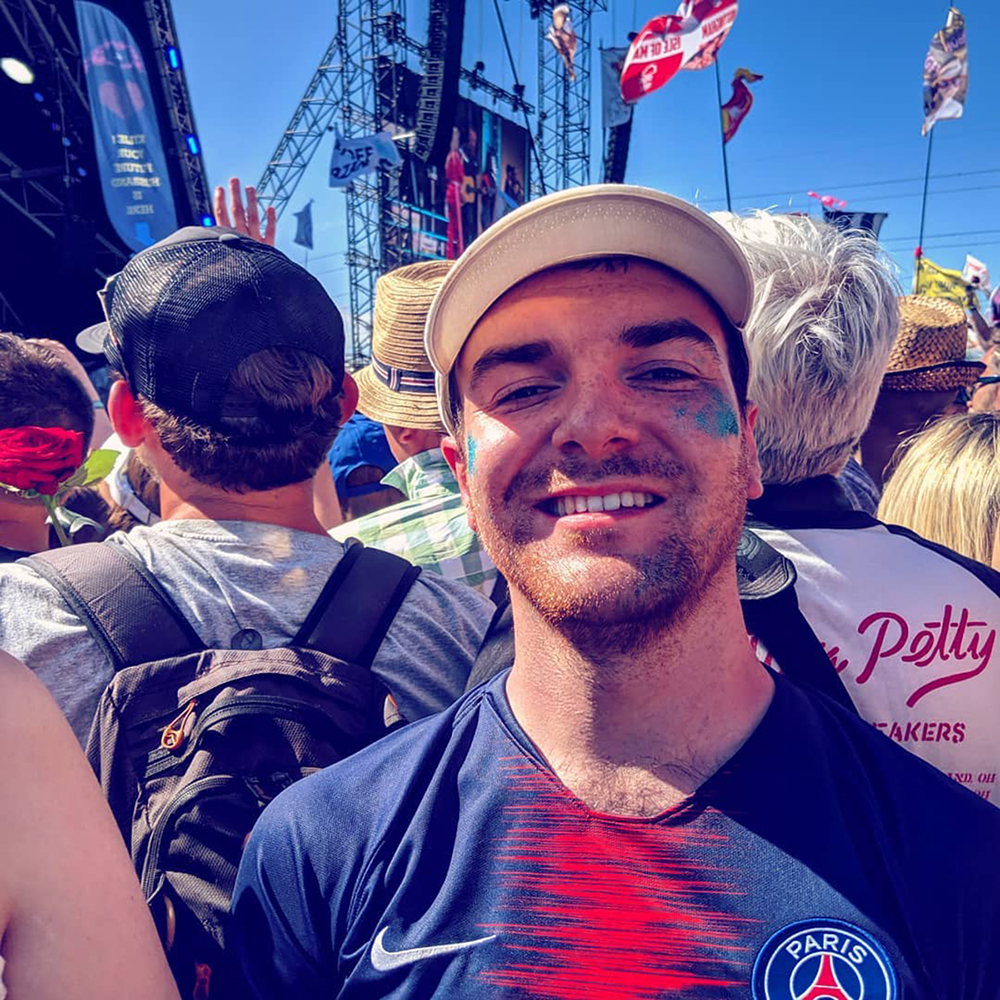Why have there been more medical emergencies at football matches recently?
With more and more games being paused so players and fans can receive emergency medical assistance, what's happening and what can be done?

The world watched on with horror early on in Euro 2020, as Christian Eriksen suffered a cardiac arrest. Those who saw it will never forget those traumatic scenes.
Since that distressing match between Denmark and Finland, however, there's been a worrying upturn in the number of medical emergencies in football. Three times, it's happened to Tottenham alone: once against Newcastle United, once against Watford and once towards the end of the Carabao Cup semi-final.
With plenty of misinformation surrounding incidents such as these, however, what's happening?
Why have there been more medical emergencies at football matches recently?
Simply, there's no definitive answer. Speculation can be dangerous, too – but Reuters' Fact Check has confirmed that there is no link between footballers having cardiac arrests and COVID-19.
“FIFA is not aware of any increase in the number of footballers having cardiac arrests while on the pitch” they say. “World soccer’s governing body also said it has not seen any cases attributed to individuals receiving a COVID-19 vaccine.”
FIFA themselves say, “Generally speaking, FIFA is in regular contact with leading research centres and experts to do research on a variety of medical topics.”

The Medicines and Healthcare products Regulatory Agency (MHRA), the British regulator for drugs and vaccines, has said there is no supporting evidence to link players collapsing and COVID-19 vaccines.
Get FourFourTwo Newsletter
The best features, fun and footballing quizzes, straight to your inbox every week.
“Myocarditis or pericarditis remains a very rare potential risk with the Pfizer and Moderna vaccines, and the events reported are typically mild with individuals usually recovering within a short time with standard treatment and rest,” MHRA chief executive Dr June Raine told Reuters. “The current evidence does not suggest that sporting exercise is a contributing risk for these very rare events.”
With so many more cases of heart problems, collapses and medical emergencies making the news these days, however, the issue is a worry.
Eriksen's collapse put a global spotlight on the danger that a cardiac arrest could happen to anyone, of any fitness level at any time.

Mark White has been at on FourFourTwo since joining in January 2020, first as a staff writer before becoming content editor in 2023. An encyclopedia of football shirts and boots knowledge – both past and present – Mark has also represented FFT at both FA Cup and League Cup finals (though didn't receive a winners' medal on either occasion) and has written pieces for the mag ranging on subjects from Bobby Robson's season at Barcelona to Robinho's career. He has written cover features for the mag on Mikel Arteta and Martin Odegaard, and is assisted by his cat, Rosie, who has interned for the brand since lockdown.
